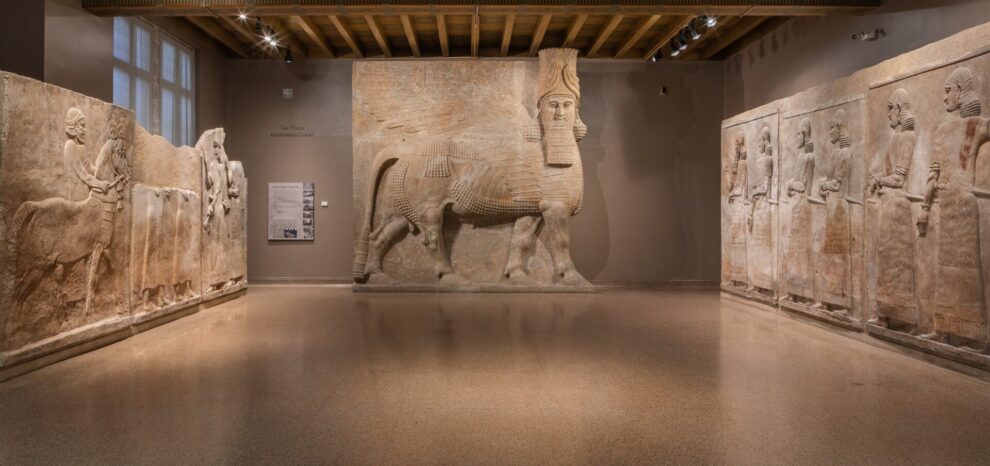The name of the University of Chicago’s Oriental Institute has been off-target for a long time. The research institution and its public-facing museum specialize in archeological and historical research into the ancient civilizations of the Middle East and North Africa, not the East Asian areas people expect from its name. This week, the Oriental Institute was rechristened as the Institute for the Study of Ancient Cultures, West Asia & North Africa, or ISAC.
When the institute was founded in 1919, the “Orient” referred to an area as far west as Turkey running east to the Pacific Ocean — basically all of Asia. The Orient Express (which left from Istanbul in Agatha Christie’s novel) and Oriental rugs show the west Asian connection with the term, but over time the meaning drifted east and came to refer to countries such as China and Japan.
When it was first founded, the Oriental Institute examined and displayed artifacts from both the Middle East and East Asia, but when it moved in 1930 to a new building, still its current location, it refocused on just the Middle East and North Africa. Since then, “Oriental” traveled east, leaving the Oriental Institute behind.
The word also acquired a derogatory connotation, spurring many other groups to change their names, including the Oriental Theatre in Chicago’s Loop, now the Nederlander. “Obviously we don’t want to be part of that pejorative meaning,” says Theo van den Hout, ISAC’s interim director.
The institute has also begun to engage over recent years with contemporary artists, responding to the ancient history and artifacts in its collection. The exhibit “Artifacts Also Die,” opening today, explores the war in Iraq in 2003 and the history of the country in connection with the sort of research ISAC does. The title refers to the destruction of artifacts in the modern Middle East, a cultural loss ISAC works against in its cultural preservation efforts.
“In the past hundred years, we have taken more from the countries where we work,” van den Hout says. “It’s time that we start giving back more, in terms of our expertise and so forth.”
Institute for the Study of Ancient Cultures Museum. April 5-Aug. 27.
‘Is God Is’
Source : Chicago Business
















